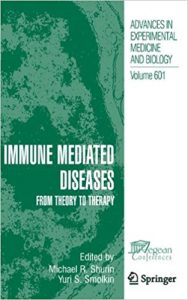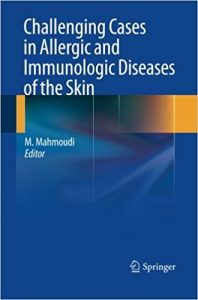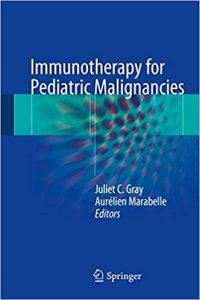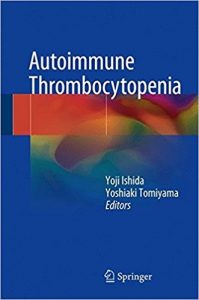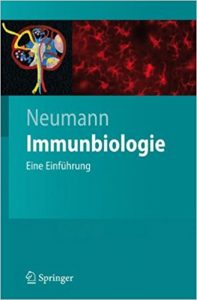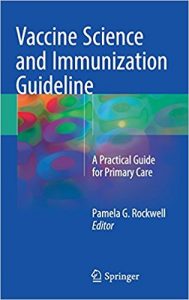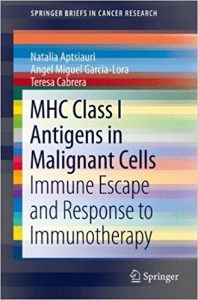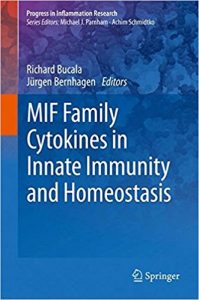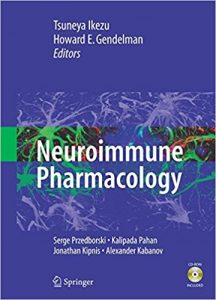Immunotherapy for Pediatric Malignancies 1st ed. 2018 Edition
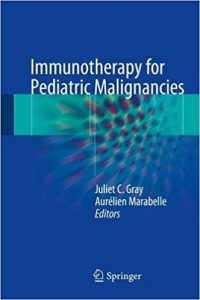
This book provides a comprehensive overview of current immunotherapy strategies, and how these may be applicable to childhood cancers. The first part of the book reviews how the immune system recognizes cancer, and the various escape mechanisms allowing tumour growth. The importance of the tumor microenvironment and the challenges this may present to achieving effective immunotherapy are discussed. Monoclonal antibodies, cellular, cytokine and vaccine therapies are all comprehensively reviewed, with particular focus on their potential application to pediatric cancers. Practical aspects of delivering such therapies to children, likely toxicities and potential biomarkers are considered. Finally, consideration is given to how, in the longer term, such therapies may be combined with conventional therapies such as chemotherapy and radiotherapy.
Edited by two distinguished pediatric oncologists with a collection of chapters from the most authoritative experts in cancer immunotherapy, this is an indispensable volume for pediatric oncologists and physicians working in childhood cancer care.
About the Author
Dr. Juliet Gray is an Associate Professor and Consultant in Paediatric Oncology at the University of Southampton, UK. She has a strong clinical and research interest in immunotherapy for neuroblastoma, with particular expertise in novel antibody therapies. She leads a translational laboratory research group within the Southampton Cancer Immunology Centre, and is an active member of the UK NCRI Neuroblastoma group and SIOP European Neuroblastoma Research Network (SIOPEN).
DOWNLOAD THIS BOOK FREE HERE

